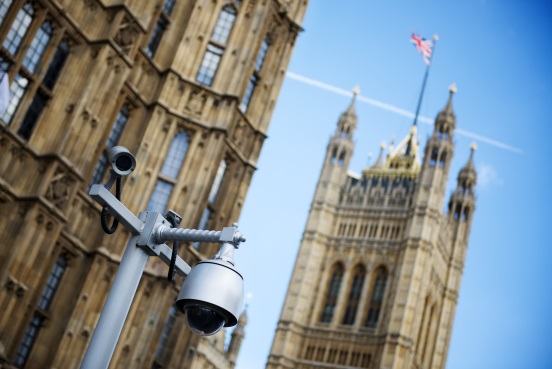
A firm response to the 2017 terrorist attacks
On Sunday 3rd June 2018 the UK marked one year since the horrific London Bridge attack. The day after, the Home Secretary announced the publication of the Government’s updated counter-terrorism strategy, CONTEST. Coming against a backdrop of the 2017 attacks in Westminster, Manchester, London Bridge and Finsbury Park, the new strategy seeks to respond to the evolving threat of terrorism, primarily from Islamist extremists but also from the extreme right-wing.
The strategy’s central goal is to reduce the risk to the public and prevent safe spaces for terrorists. To do so, it retains the strategic framework of the original 2011 CONTEST strategy, which had four key aspects: Prevent, Pursue, Protect & Prepare. It then adds a new focus on earlier intervention in terrorist plots, wider information sharing within the public sector and stronger public-private sector collaboration.
Practical steps for fighting terrorism
In order to deliver on these goals new legislation will enable the police and CPS to intervene at an earlier stage, supported by longer prison sentences and stronger post-release terrorist offender management. At three Multi-Agency Centre pilots across the UK MI5 and Counter-Terrorism Policing will trial new ways of sharing information with a broader range of partners, including local authorities. Finally, the Government will work with industry on a range of initiatives including gaining faster alerts about suspicious purchases, making it more difficult for terrorists to spread propaganda online, and ensuring critical access to communications.
Alongside this, the UK will continue to participate in the Global Coalition’s campaign against Daesh, strengthen the resilience of local communities to terrorism, and pursue an international Ministerial-led campaign on preventing terrorist use of the internet and improving aviation security. The UK is also keen to exploit new technological developments in machine learning, quantum computing and data analytics.
Recognising the role of the private sector
The strategy recognises the private sector’s importance, noting in particular the Security and Resilience Industry Suppliers Community (RISC) and Joint Security and Resilience Centre (JSaRC). There will clearly be a number of opportunities for industry to contribute to CONTEST’s goals, such as in providing behavioural detection services at the border, recovery services after chemical attacks, and new digital forensics techniques that keep pace with digital crime.
The fresh focus on getting ahead of the terrorist threat and taking a more collaborative approach is very welcome. ADS will continue to work closely with JSaRC to ensure that industry supports CONTEST. ADS will also work with RISC to communicate industry’s views to the Home Secretary over the coming months.





